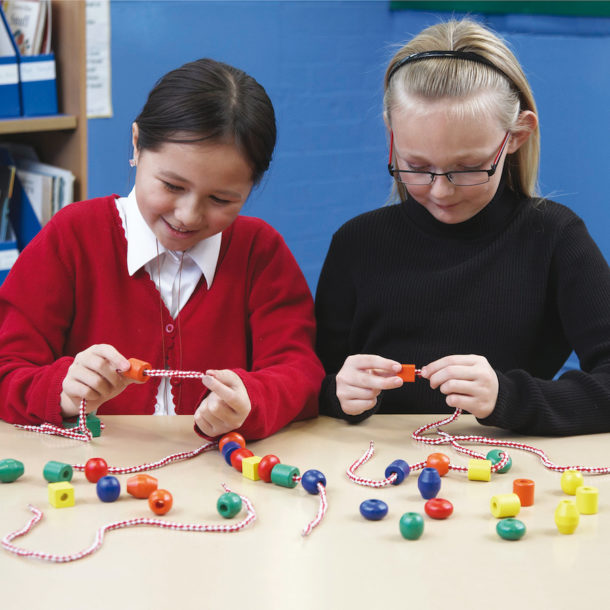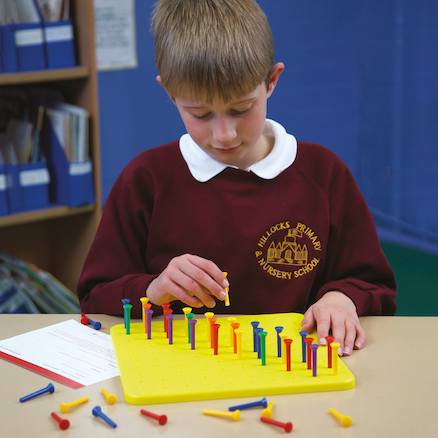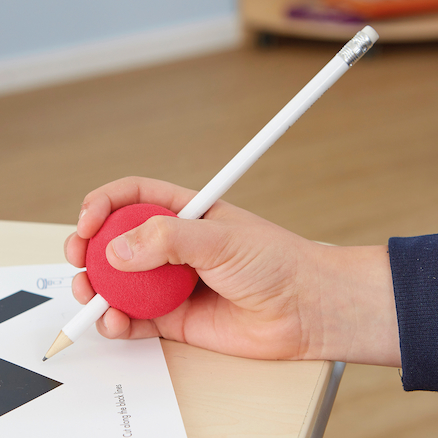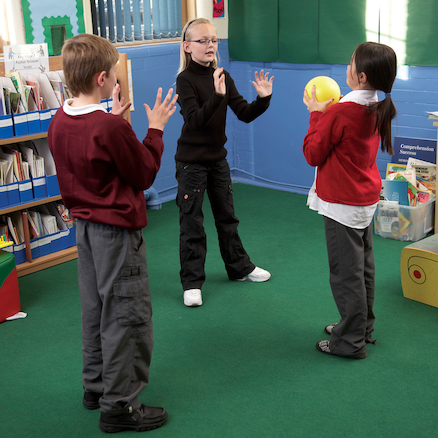I’ll always remember Sophie. Sophie was the pupil that left a trail of unintended destruction behind her in my classroom. If it could be spilt, she’d spill it. If you could lose it, she did. If it could be tripped over, she’d find it. If it could be knocked over, it would be. You get the picture…. Despite almost wrecking the classroom and adding a new bruise to the ever-growing collection on her shins on a daily basis, Sophie was the most brilliant pupil!
She could see solutions to problems that were far more creative than anything the grown-ups came up with. She had the most amazing ideas and talent for writing stories that transported her classmates and I to whole new worlds of excitement, awe and wonder. The trouble was that not everyone could see it because Sophie had been labelled as a disorganised, clumsy and impulsive child by many frustrated others in her life.
To me, Sophie’s trail of destruction was brilliant. It was her way of interacting with the world around her. The ‘stuff’ in the classroom got in the way of her wonderful creativity and her general disorganisation was because she was busy in another world creating magical things to share with us.
Here are the strategies Sophie and I used to help her leave less of a trail….
- We allowed time for Sophie to rehearse navigating spaces around school when they were less busy. This allowed her to create maps of certain more challenging spaces such as the dining room. These maps showed her the best and most effective way to travel from A to B.
- Sophie was offered a range of adapted equipment and we let her experiment with different options to find what worked for her. This meant that she had a pencil grip, scissors, ruler and other tools that fitted her needs and were comfortable for her rather than basing selections upon what we had in the cupboard at that time.
- We recognised that Sophie could become tired quickly as she was working harder to keep up. To support her we offered frequent short rest breaks during work time.
- We broke larger tasks into smaller steps and offered visual support to help with place keeping. This meant that Sophie experienced several small wins and knew what to do next. Her task maintenance and completion skills increased as did her confidence and self-esteem.
- Sophie was encouraged to self-advocate. Rather than put up with people labelling her incorrectly as disorganised and clumsy, we set up mechanisms for her to share her strengths and get the support she needed via a pupil passport.
- We developed discrete checklists which Sophie had on a keyring in her bag. These helped her make sure that she had the right equipment for the right lesson on the right day.
- Intervention was provided that focused on learning organisation and study skills. This made a huge difference as Sophie became more confident in her own ability to utilise strategies, which in turn gave her more independence.
With all of this in place we still had days where Sophie left her trail of brilliant destruction but they became a lot less. Consequently, her stories, creativity and winning smile shone through all the more.
Dyspraxia is a common disorder, with many children recognised as suffering from some form of dyspraxia. Therefore, at TTS we want to provide you with the Dyspraxia resources you need, to help your students improve their motor coordination and handwriting skills in a fun and exciting way. View our range here.
With thanks to Beccie Hawes. Beccie (also known as Mrs Hawes) is Head of Service with Rushall Inclusion Advisory Team. Beccie’s team works with a number of different schools offering support, advice and challenge regarding all aspects of inclusive policy, practice and procedure.
Beccie says, “Along with the day job, I also have the pleasure and privilege of being Alfie’s mum! Alfie has been working really hard with our local Occupational Therapy team and is currently undergoing diagnostic processes for Developmental Co-ordination Delay and an Autism Spectrum Condition. His resources have certainly made a big difference to him and he is keen to share his experiences so that others can be helped too.”










